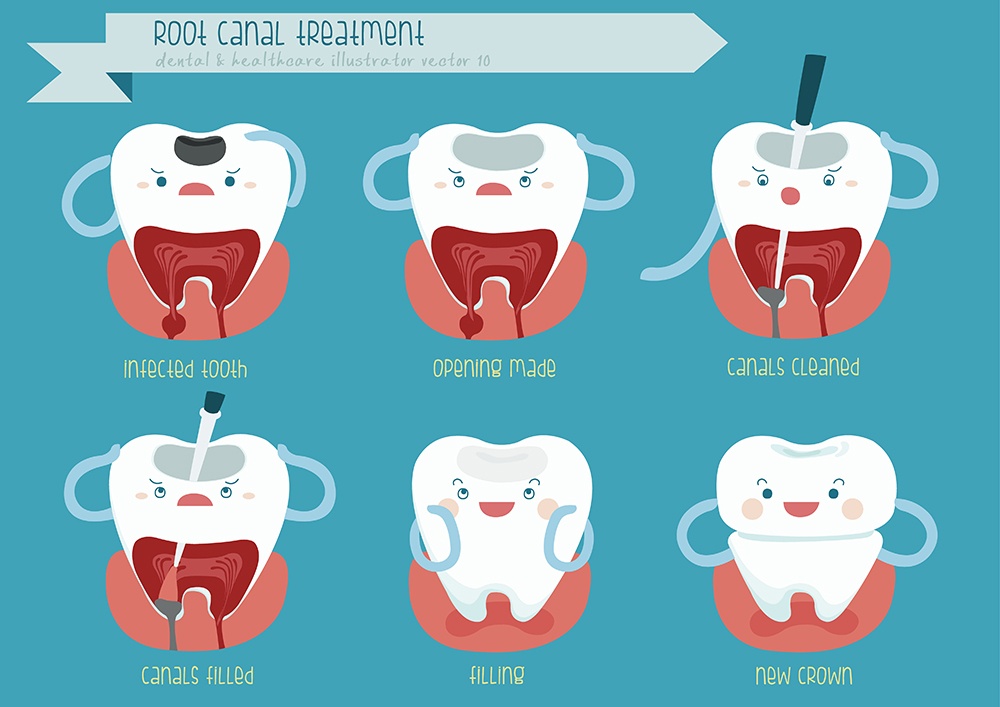If your child is scared of something, it is essential to teach them to overcome their fears. For example, take the fear of visiting a dentist. Usually, it brings unhealthy anxiety and discomfort to your little ones. The unfamiliar faces, buzzing sound of the equipment, and overall experience can frighten them into paying the next visit. So, parents want to take proper steps before they prepare children for dentist visits or check-appointments.
Ease the Stress & Relax your Child
The reality of taking your child to a dentist is that you do face various difficulties that lead to you worrying about your dentist appointments. This is why it is vital to start the health of your child’s teeth at home. Keep a proper brushing schedule and maintain the health of your teeth, as suggested by your dental expert. If possible, make sure to schedule morning appointments so young ones are alert and fresh.
Prepare your preschooler or older kid for their visit by providing him or her with a basic idea of what to expect. Explain to them why it is essential to go to the dentist as it will make them curious and build the excitement to look forward to the visit.
Ways to Prepare Your Child for the Dentist
Be a Good Role Model: As little ones are known as copy-machines, it is an excellent way to do good deeds in front of them, so they pick those habits quickly. Make sure your kids see you brushing and maintaining a proper oral hygiene routine daily. Try to stay positive as most fears are passed down from parents to kids. Learn to stay relaxed and calm about your visits, and hopefully, they will too.
Communicate with your Kids: You can pick up a children’s book about visiting the dentist, Use the story time as a way to start a conversation about the significance of maintaining proper dental health. Remind them that you visit the dentist to keep your teeth healthy.
Take a Fun Tour: There is a stereotype of a strict dentist who has indelicate fingers and a sharp tongue. It is highly outdated as dental experts go to significant measures to make their patients (all ages) feel comfortable and calm in the chair. These dental experts are not up for lectures but to educate and assist you make the right decisions. So, there is no need to be afraid of talking to them.
Steer Clear of Negative Words: At times, you can unconsciously use some words that tend to describe the dentist in a negative light. It is highly essential to avoid using words like ‘hurt,’ ‘pain,’ and ‘shot’ especially if your child has had a painful experience with needles in the past.
Prepare your Kid for Treatments: It is always better not to say too much about the dental appointment, particularly if you have your anxieties. Most kids pick up on any concern shown by their parents, and it can trigger unwanted fears of their own. If you choose a reliable dentist, they will have their ways to handle the concerns and explain everything to your child to make them comfortable and build a friendly relationship.
Book Appointment to find out which treatment might be best for you.



